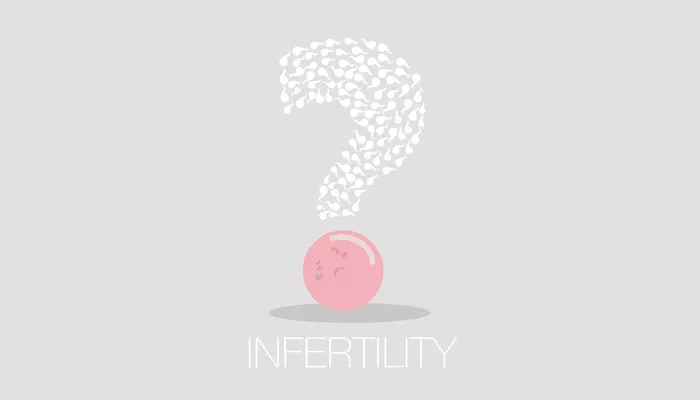A report evaluating the first year of a provincial subsidy program for in-vitro fertilization (IVF) in Newfoundland and Labrador has revealed significant concerns from both patients and healthcare staff. The findings emphasize the desire for an IVF clinic to be established within the province, as well as increased financial support to make IVF more accessible to those struggling with infertility.
The IVF Subsidy Program
In March 2022, Newfoundland and Labrador introduced an IVF subsidy to help alleviate the financial burden of accessing fertility treatments outside the province. The program offers approved patients up to $5,000 per IVF cycle, with a maximum of three cycles, totaling $15,000. The subsidy was retroactive to 2021 and aimed to offset costs for patients traveling to private clinics in other provinces.
The evaluation report, obtained through an access-to-information request by CBC News, covers the period between May 2022 and May 2023. It reveals both the limitations of the subsidy and the desire for changes in the province’s approach to fertility care.
Challenges Identified
- Lack of Local IVF Services: Both patients and staff expressed frustration with having to travel outside of Newfoundland and Labrador for IVF treatments. Many voiced support for establishing a local IVF clinic, with one respondent noting that “physicians are ready to provide private IVF services in N.L.” This would eliminate the travel barriers and associated costs, which include not only the IVF procedure but also travel, accommodation, and time off work.
- Inadequate Financial Support: Despite the subsidy, which has cost the province $737,882.20 for 114 patients in its first year, many individuals found that it wasn’t enough to make IVF accessible. One survey respondent stated, “The subsidy has not helped us even consider IVF because it is pennies in comparison to the cost.” It was highlighted that IVF treatment costs, often exceeding $25,000 when factoring in medications, travel, and other related expenses, are simply unaffordable for many people even with the subsidy.
- Reimbursement Delays: Another significant issue raised was the reimbursement process. Many patients expressed a preference for receiving the subsidy upfront rather than having to wait for reimbursement after paying out-of-pocket expenses. This delay adds to the financial strain, especially considering the already high costs of IVF and related travel.
- Travel as a Barrier: The need to travel outside the province further compounded the financial burden, with respondents citing additional costs for hotels, car rentals, meals, and time away from work. One patient described the “upfront cost of IVF and the last-minute travel” as “extremely prohibitive and not feasible for many.”
Survey Findings:
- 114 people accessed the subsidy program, with 90% of applicants coming from the eastern zone of the province.
- 25% of respondents said the subsidy allowed them to proceed with some of the fertility services they needed.
- 17% of respondents stated that the subsidy enabled them to access all the services they wanted.
- 47% said they would have pursued fertility treatments with or without the subsidy.
- A substantial portion of respondents indicated that the overall cost of IVF remains a significant barrier, regardless of the subsidy.
Calls for Change
The report echoes findings from a separate study by Thinkwell Research + Strategy, which recommended that the province establish local IVF services and improve financial assistance, including increasing the travel subsidy. Both reports advocate for better access to fertility treatments in Newfoundland and Labrador, with a focus on reducing the out-of-pocket costs and the logistical challenges of accessing services.
One NLFS staff member emphasized, “$5,000 is not the tipping point to actually increase access,” pointing out that those who can afford the $25,000 to $30,000 out-of-pocket for IVF will proceed regardless of the subsidy, while those who cannot afford the cost are unlikely to be able to cover the additional expenses even with the assistance.
Next Steps
With the challenges and patient concerns clearly outlined, there is growing pressure on the provincial government to address these issues. Many are advocating for more comprehensive fertility services within the province and increased financial support to help reduce the barriers preventing access to fertility care.
The need for better access to fertility treatments and a restructured subsidy program remains a critical issue for many people in Newfoundland and Labrador, particularly those who see IVF as their only option for starting a family.
Related topics:
New At-Home Test Offers Convenient Male Fertility Diagnosis
Breakthrough Study Reveals Key Mechanism Behind Male Infertility
Advancing Female Infertility Diagnosis with Multimodal HyCoSy and Negative Contrast Ultrasound



























